Modern technology has many benefits, but it’s not without negative effects—far from it.
Today, we use technology in nearly every aspect of our lives. And though it’s made our lives way more convenient, it’s also subjecting us to numerous health problems.
For example, Children’s Health says that teenagers who use their gadgets for more than an hour daily are “more likely to report feeling depressed, lonely or anxious.”
And, as you may have already guessed, the effects aren’t limited to children and teenagers. Several studies have found that prolonged tech use induces isolation and unhappiness in adults, possibly increasing the risk of developing depression.
But this problem isn’t without a solution. And you don’t have to throw your gadgets out of the window to protect yourself.
The key is to build a healthier relationship with technology. And in this guide, you’ll learn everything you need to know to make your relationship with technology a safer, healthier one.
Note: There’s a TL;DR at the end, which stands for “too long didn’t read.” If you don’t have the time to read the whole text, you can jump to the bottom of this guide and find a bulleted summary.
Effects of Tech on Mental health
Before learning more about improving your relationship with technology, let’s take a moment to learn how technology impacts your mental health.
Sharing information, for which the internet was initially built, is a mere fraction of the modern internet.
With the introduction of social media, it gave us access to our friends, families, and loved ones along with the rest of the world.
But how can a communication medium like social media be bad for your mental health?
See, even though social media has been around for two decades, that’s not enough time to change us on an evolutionary level.
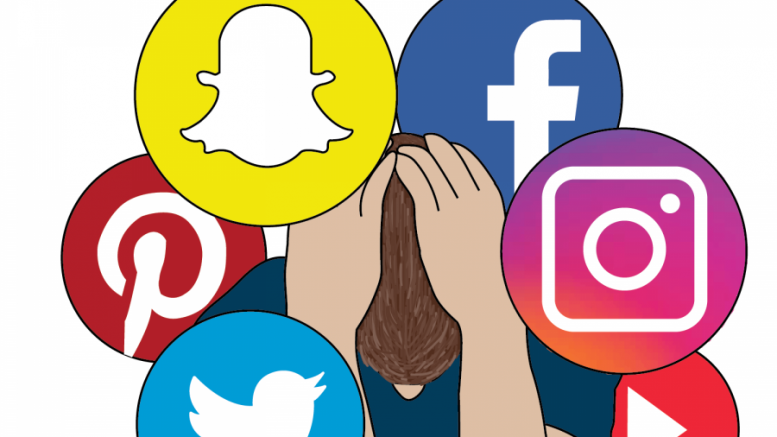
For thousands of years, socializing meant a different thing than it does today. And our psyche is based on that reality.
So, even if we’d like to think we’re socializing on social media, to our brain, we’re just staring at an object emitting visible light, completely alone. This creates problems like social anxiety and isolation.
But lack of real socializing isn’t the only problem that tags along with social media.
Modern-day social media consists of:
- Unending toxic content
- Unrealistic physical standards
- FOMO-inducing content
- Doom and gloom news
- And many more things that can influence your mental health.
And that’s just social media. Research studies say that prolonged tech use creates problems ranging from minor sleep disorders to chronic physical and mental problems.
But because technology plays such an important part in our lives, we can’t quit it to avoid these effects.
So, here’s what you can do instead.
Avoid Toxic Content on the Internet
When social media came into the picture, it gave birth to a new concept called UGC, or user-generated content.
UGC refers to any content created by the public and not corporate brands, for example social media posts, reviews, YouTube videos, and more.
UGC took the monopoly over what the masses see from governments, corporates, and media houses and gave it to the general public.
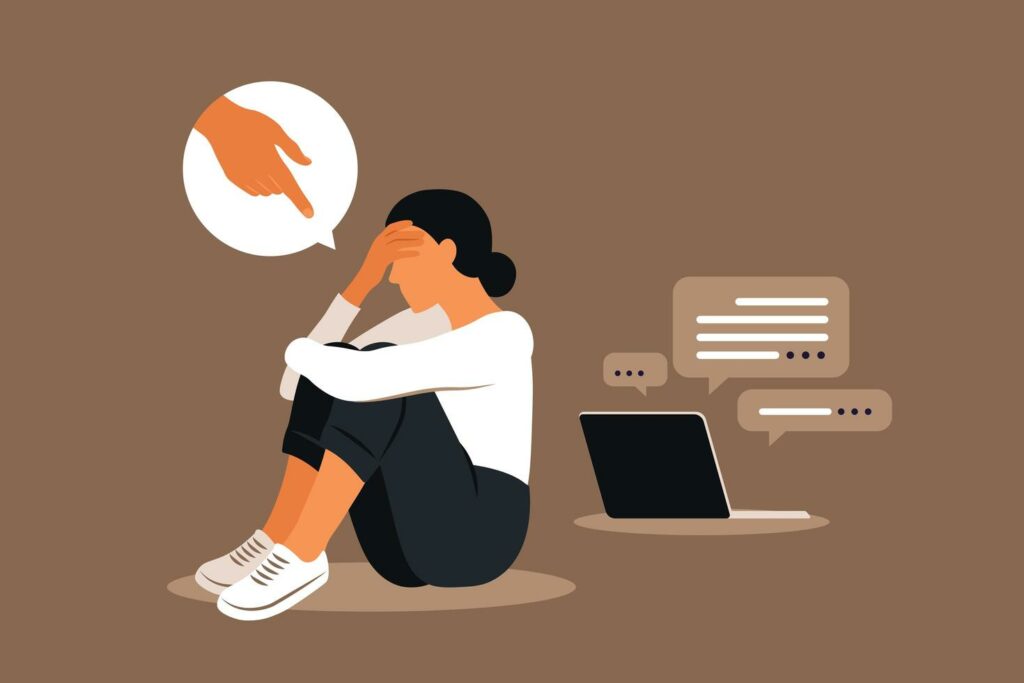
This gave people the freedom to communicate with a large audience, share their thoughts, and influence others.
But when you give everyone control of something important, there are bound to be consequences. And that’s how toxic content on the internet was born.
Today, on the internet, you can find:
- NSFW (Not Safe for Work) content
- Extremism
- Unmoderated live streams
- Hate speech
- Cyberbullying, and more.
And all of these are devastating for your mental health.
So, starting today, I suggest you avoid such content on social media and fill your homepage with positive content. How?
You can:
- Report and block accounts that post mentally damaging content
- Add NSFW filters to your computer, phone, and tablets
- Never engage in online extremism, not even to challenge it
- Moderate your child’s tech use
Embrace JOMO
Ever heard of the concept of FOMO? It’s a kind of anxiety that sprouts from the thought of being excluded from exciting things happening around you.
Although there are many reasons for an individual to develop FOMO, social media seems to be one of the critical ones.
Recently, there’s a concept trending on the internet that promises to counter the effects of FOMO. And it’s called JOMO, or the joy of missing out.
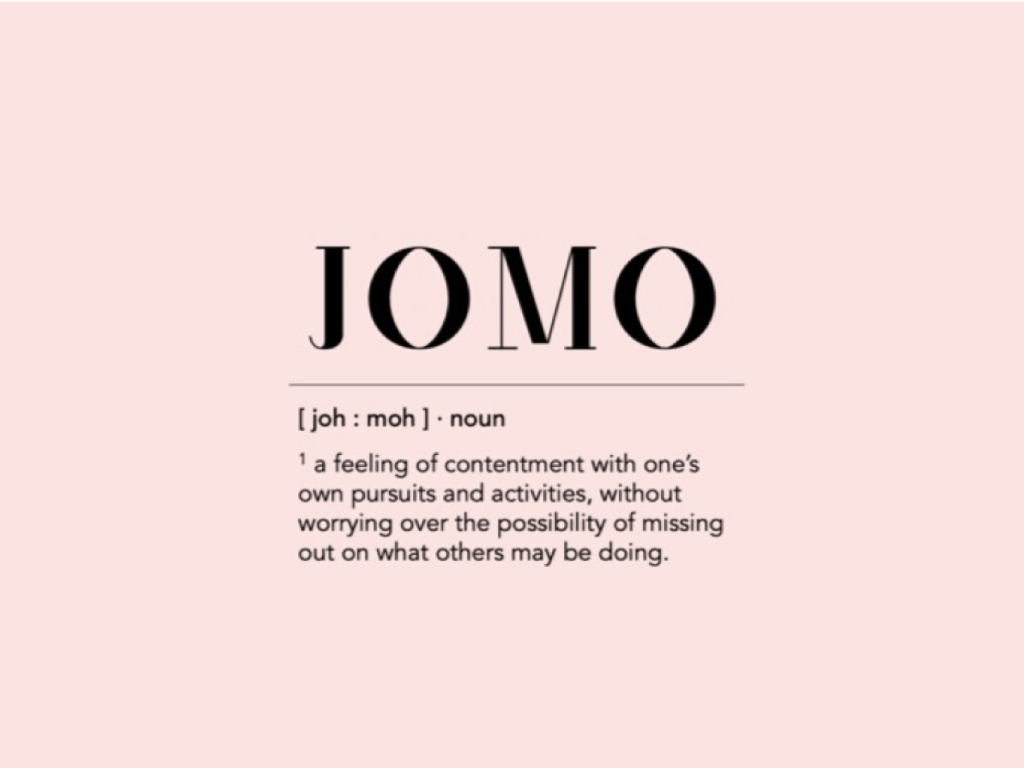
The concept of JOMO is all about going ahead with what YOU feel is important. This means no longer comparing your life with others on social media, no longer feeling left out or worrying about internet validation.
Here are some ways you can start embracing JOMO today.
- Disconnect from tech. You don’t have to go off the grid. Just give yourself some tech-free time.
- Reflect—how are you spending your time? Are your gadgets giving you joy or just filling a void?
- Reconnect with people. Your phone can’t replace the people in your life.
- Be mindful. Be more present. Focus on your physical and emotional needs, and tend to them.
- Practice saying no. You don’t have to tend to everything all the time. Practice saying no.
Sometimes, Do Nothing
Life gets tense, loud, and stressful. Counter this by finding a time in your day, morning or evening, when you do nothing. Literally!
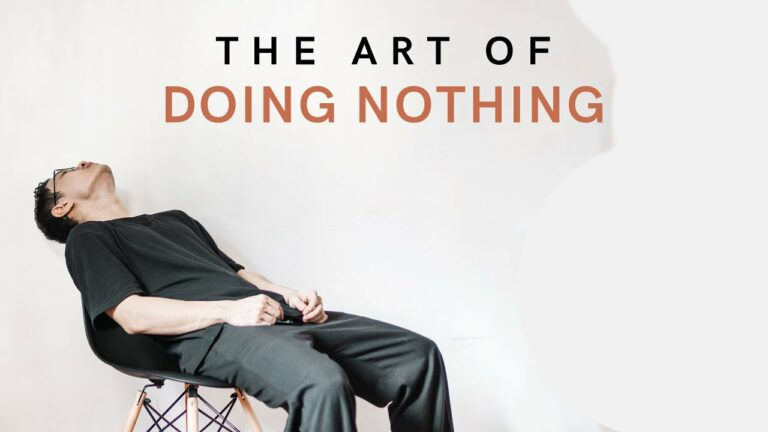
Just sit there and relax your mind. Don’t think about the calls you have to make, the work you have to do, the likes you got on your posts, or the movies you’ve been meaning to watch. Nothing.
Your mental health needs this.
Reduce Your Tech Dependence
Undeniably, we depend on technology for lots of things today. And according to experts, tech dependence to this degree has some real-life consequences, including:
- Social isolation
- Less meaningful conversations
- Being dependent on digital validation
- FOMO
- Decreased focus and attention
- Tech addiction
- And more
You need to reduce your tech dependence to a point where it won’t greatly affect your day, even if you don’t have your phone at your disposal. Here are some ways you can do that.
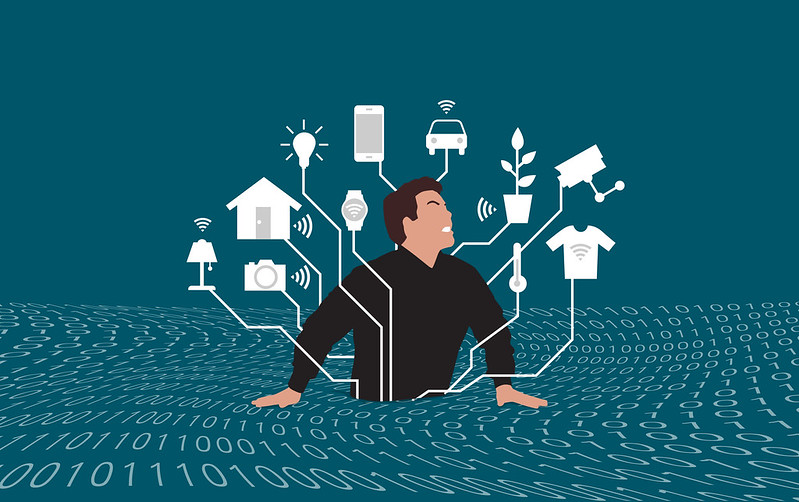
- Start memorizing phone numbers
- Learn to navigate without online maps
- Perform minor calculations in your head
- Turn off your phone when you’re with people
Use Mental Health Apps
Modern technology can be amazingly beneficial—if you use it to your advantage. And mental health apps are a classic example of that.
“Mobile apps have significant potential to deliver high-efficacy mental health interventions. Given the global shortage of psychiatrists and the lack of mental health care access in rural regions, apps have emerged as a viable tool to bridge the mental health treatment gap,” says a research study from Harvard University. “Technology is well-poised to transform how mental health treatment is delivered and accessed, but this transformation requires the combined mobilization of science, regulation, and design.”
Mental health apps can be excellent tools to support you through your mental health improvement journey. So, download them.
Utilize The Power of Meditation
Many think of meditation as a practice only for religious or spiritual individuals. And while there is a meditational aspect in many religious and spiritualistic practices, the act of meditation itself isn’t linked to them.
“Meditation can be practiced without reference to the religious traditions,” says Bruce I. Goderez, MD, in an article in Psychiatric Times.
So, if not being religious or spiritual prevents you from practicing it, I want you to consider this – to date, there have been more than 16000 scientific studies demonstrating evidence that meditation is highly beneficial for your physical and mental being.
So, whether you’re religious, non-religious, spiritual, or whatever your beliefs are, I urge you to give this a try.
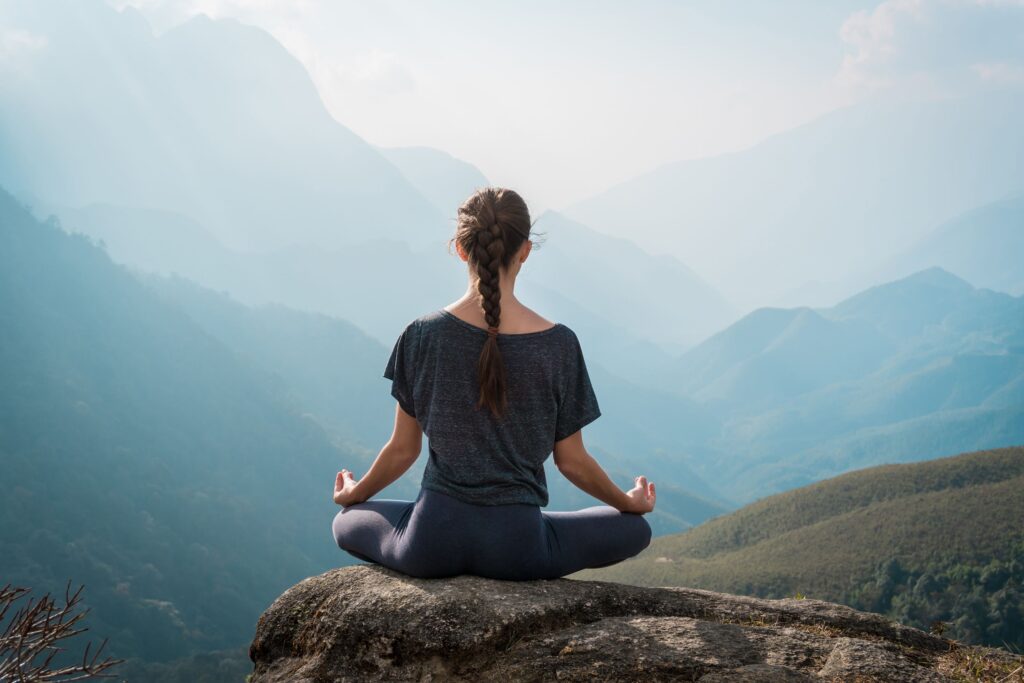
Here’s something to help you get started in your meditative journey.
Making Space: Creating a Home Meditation by Thich Nhat Hanh, a world-renowned spiritual teacher and peace activist, is an excellent book for anyone looking to get started with meditation. It will give you all the tools you need to begin your meditative journey from the comfort of your home.
“Your own home, no matter how big or small, can be a peaceful refuge. Making Space gives simple, practical, and inspiring ideas on how to create a sanctuary in your living space and blend mindfulness into your daily life. Thich Nhat Hanh’s kindness and wisdom shine throughout this poetic book.”
Charlotte Bell, author of Mindful Yoga, Mindful Life: A Guide for Everyday Practice
TL;DR
If you didn’t have the time to read the whole thing, here’s a TL;DR, as promised.
Though, if you’re here after reading the whole guide, we’d like to thank you for your support on our journey to help people live safer, healthier lives alongside technology.
- Avoid toxic content on the internet—Block accounts that make you feel bad, never engage with online extremism (not even to challenge or “show them”), and add NSFW filters to your gadgets.
- Embrace JOMO—It’s okay to miss out sometimes to do what’s important for you.
- Sometimes, do nothing—Sometimes, just sit there, relax, and do nothing. Don’t think about what you have to do or what you’re missing out on, and just be. Your mental health needs it.
- Reduce your tech dependence—Perform minor calculations in your head, memorize phone numbers, learn to navigate without online maps, and turn off your phone when you’re with other people.
- Use mental health apps—Download mental health apps if you need extra support.
- Try Regular Meditation—Check out the book Making Space: Creating a Home Meditation by Thich Nhat Hanh to jumpstart your meditation journey.








